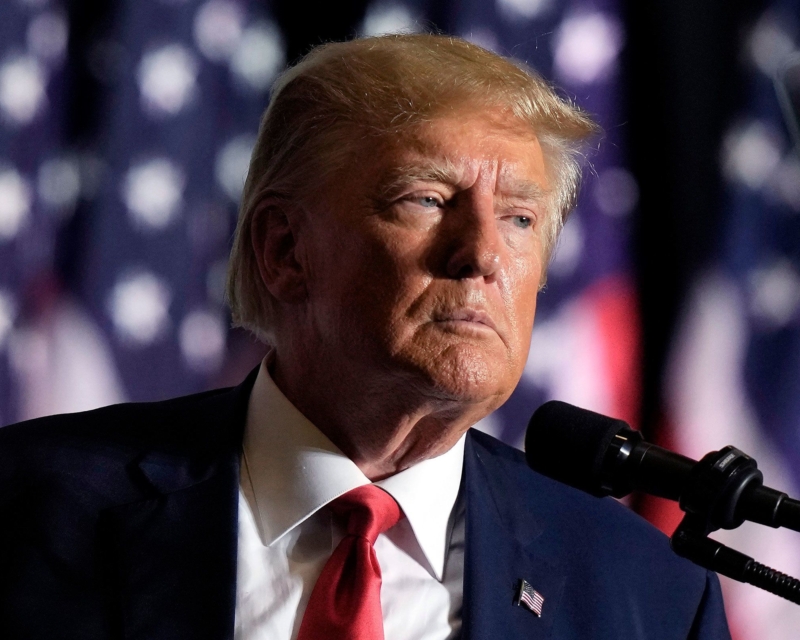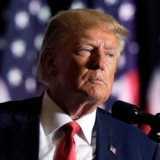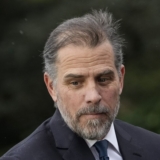Former President Trump Pleads Not Guilty to Federal Charges Amidst Ongoing Investigation
Former President Donald Trump, a prominent figure in U.S. politics, appeared in a federal court on Thursday to enter a not guilty plea to four federal charges stemming from Special Counsel Jack Smith’s investigation into alleged 2020 election interference and the events surrounding the Capitol riot on January 6, 2021. Trump’s legal proceedings have become a focal point of national attention, drawing headlines as he navigates a complex legal landscape.
Trump, who is widely seen as the front-runner for the 2024 GOP presidential race, faces charges of conspiracy to defraud the United States, conspiracy to obstruct an official proceeding, obstruction of and attempt to obstruct an official proceeding, and conspiracy against rights. These charges emerged from Smith’s investigation, which delved into potential interference with the peaceful transfer of power after the 2020 presidential election, including the certification of the Electoral College vote on the ill-fated day of January 6, 2021.
Making his way from his Bedminster, New Jersey resort to the U.S. District Court for the District of Columbia, Trump took his place at the center of a legal spectacle. U.S. Magistrate Judge Moxila Upadhaya presided over the preliminary proceedings, during which it was revealed that Judge Tanya Chutkan, an experienced jurist with a background as a former assistant public defender, would oversee the trial.
Judge Chutkan is expected to set a trial date of August 28, though this proposal was met with opposition from Trump’s attorney, John Lauro. Lauro contended that a “speedy trial” request was “absurd” considering the extensive discovery process required. He argued, “The United States had three and a half years to investigate this matter…all we ask is for the opportunity to fairly defend our client, but we need a little time, so we will ask for the exclusion of a speedy trial.”
During the proceedings, Judge Chutkan systematically laid out the charges against Trump and their potential consequences, ensuring that the former president was fully informed of his legal situation. When asked how he would plead to the four counts, Trump offered a clear and concise response: “Not guilty.”
Beyond the legal intricacies, Trump seized the opportunity to address the media and the American public. At Reagan National Airport, following his plea, he condemned the indictment as a “persecution of a political opponent.” He lamented the state of Washington, D.C., since his departure from office, expressing concern over what he described as “filth,” “decay,” and “broken buildings.”
Alina Habba, a lawyer representing Trump, asserted that the indictment amounted to “election interference.” Habba contended that the timing of the indictments was a deliberate attempt to divert attention from negative media coverage concerning the Biden family.
In the aftermath of the January 6 riot, Trump faced articles of impeachment, ultimately becoming the first president in U.S. history to be impeached twice, though he was acquitted both times. The current federal indictment marks the second stemming from Smith’s investigation. Trump is also contending with federal charges in Florida and New York, with a significant portion of his resources dedicated to addressing his legal challenges.
As the legal proceedings continue, the nation watches closely, with the outcome holding potential ramifications for both Trump’s political future and the broader implications for American democracy.





